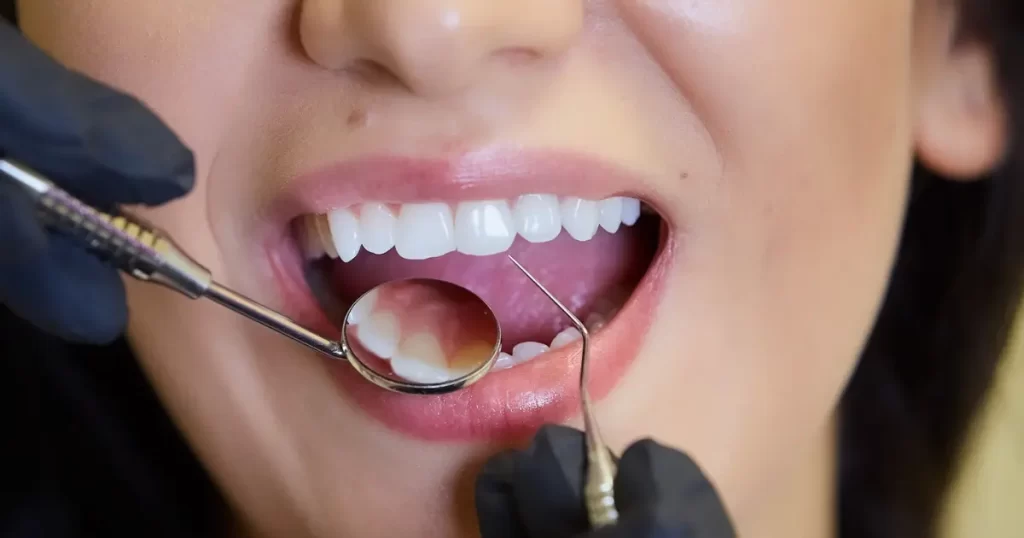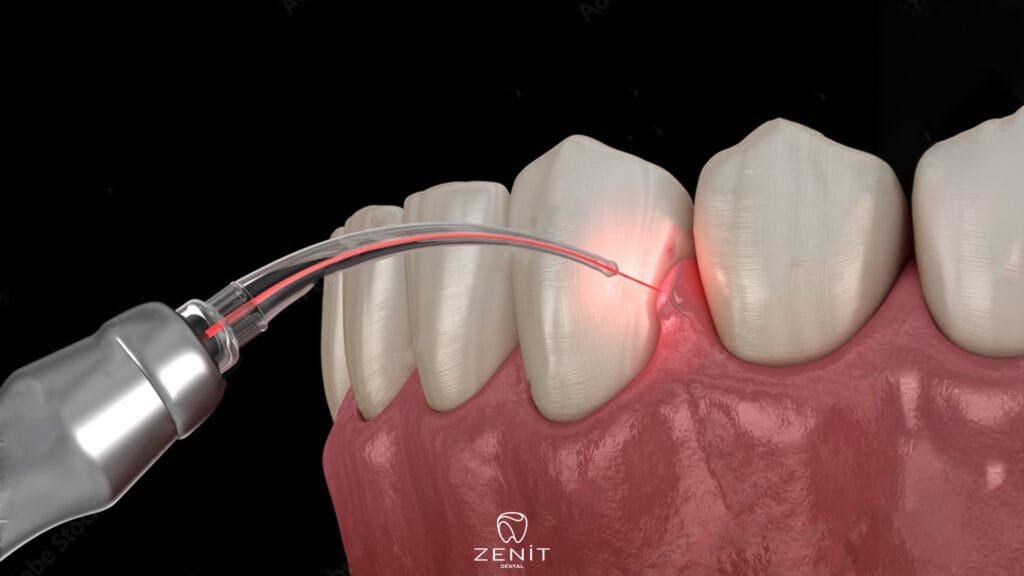What is a periodontist and what does it do? Dentistry has a specialization called periodontics. A periodontist is a dentist who has undergone additional periodontics training after becoming a dentist.
Periodontology is the study of illnesses and ailments that impact the teeth’s supporting structures. The gums, jawbone, and ligaments that support the teeth are all treated by a doctor. Periodontal disease, sometimes referred to as gum disease, is the most frequent problem with these supporting systems. A severe accumulation of plaque on the teeth can result in gum disease, a bacterial infection of the gums. If you have severe or acute/chronic gum disease that does not improve with conventional therapy, your dentist may recommend that you see a doctor.
What Is Periodontist?

A dentist who focuses on preventing, identifying, and treating gum disease is known as a periodontist. They also aid in managing oral inflammation, one of the early indications of developing gum issues.
Gingivitis is the term for gum disease’s early stage. By receiving therapy, maintaining a clean mouth and teeth, and seeing the dentist frequently, you may manage this problem. Periodontitis, a more severe form of gum disease, might call for a more involved course of action. To determine the best course of action, they will then do a dental examination.
What Diseases Does the Periodontist Deal With?

Although scaling and root planing are technically two separate processes, they are most frequently carried out in tandem. Scaling is the process of cleaning the tooth surfaces below the gum line of plaque and calculus (hardened plaque). Due to its location below the gum line, your toothbrush cannot effectively treat this, which is the primary cause of gum disease. Root planing is carried out following scaling. Following the removal of the plaque and calculus and the changed and polluted root structure brought on by the bacterial endotoxins, root planing smooths the tooth root’s surface. As a result, there are no crevices between the gums and tooth roots where bacteria may grow and lead to gum disease.
A periodontist may occasionally need to modify the bone framework supporting your teeth. The support systems for your teeth are the jawbone and ligaments. Infection-causing germs might enter if there are spaces or pockets between the gums and teeth. To avoid the formation of these pockets, bone surgery might be used to remodel the ligaments and bone.
What Is the Difference Between a Dentist And A Periodontist?

A periodontist and a dentist are different in that they:
- Nonsurgical techniques
- Surgical techniques
- Installing dental implants
- Periodontal therapy
Even while some dentists provide services for the gums, they cannot simply identify as periodontists. A dentist has to complete further training and study outside of dental school to become a periodontist or any other type of dental specialty.
You need a dental degree plus an undergraduate degree to become a dentist. You must complete an extra 2–3 years of periodontics training before you can practice as a dentist. (after completing dental school).
For their expertise, dentists frequently refer patients to periodontists. The soft tissue and bone that support your teeth and jaw are taken care of by periodontists, who are also the best equipped dentists to do procedures like dental implants and treat gum disease.
Additionally, because they concentrate their practices primarily on providing this type of specialist care, they have a great deal more expertise providing these treatments, which might make your visit more pleasant.
A dentist who has received specific instruction in periodontics is known as a periodontist. They provide the best degree of services for treating disorders like gum disease since they are experts in the bone and tissue that surround your teeth.






